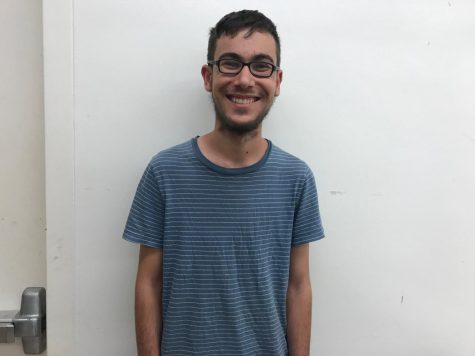Working to Cure SIDS
December 8, 2016
Researchers at the Royal Alexandra hospital for children at Westmead said that they have discovered babies who die from SIDS (sudden infant death syndrome) have decreased levels of orexin in their brains, a protein that regulates sleep arousal.
According to the study, the level of orexin was 20% lower in brains of babies that had died from SIDS. The sleep unit manager at Westmead, Dr. Rita Machaalani, said her team is now conducting research to find what caused these reduced levels of orexin.
This discovery is the first biological explanation for infants dying suddenly in their sleep. Researchers hope that more research can lead to screenings on babies for low levels of orexin, even though reduced levels of orexin could be one of many causes.
Richard Ruan (11) believed that this discovery can spark more focused research and lead to the root of the problem.
“Showing that [SIDS and orexin] happen to be related doesn’t mean the protein is causing the deaths but it could lead us to finding the cause.”
Experts say that a test to screen babies for low orexin levels won’t be available for at least a decade and parents should still follow SIDS prevention guidelines.
Recently, the American Academy of Pediatrics released a new report on SIDS and other sleep-related infant deaths with a detailed list of recommendations for parents to reduce the risk of SIDS.
According to the AAP report, “approximately 3500 infants die annually from sleep-related infant deaths, including sudden infant death syndrome.”
The report said that parents should share the same room with their baby, but not the same bed for the first six to twelve months of the baby’s life. Infants should sleep on their backs until they are one years old on a firm sleeping surface without bedding or soft objects. The report recommends breastfeeding, keeping soft objects and loose bedding away from the infant’s sleep area, and offering infants a pacifier before naptime and bedtime.
Adrianne Bunye (11) suggested that this report will help reduce infant deaths due to SIDS because it can alert parents of potentially dangerous conditions where their baby sleeps.
“I think more information will help reduce the death rate because people will be more cautious and aware of the conditions.”
Assemblyman Kevin McCarty of Sacramento believes that telling parents about the risks of SIDS starts by collecting data because it will bring attention to the issue.
Srujan Kumar (11) argued that the idea of collecting data about infants who died from SIDS is good, but it shouldn’t be required.
“I think it’s a good idea for data to be collected from those who died from SIDS, as it can help further research into the subject.
However, I don’t think people should be required to allow data about their child to be collected, as some may feel that it’s an intrusion upon the dead.”
Nevertheless, more focused research on the link between orexin and SIDS combined with educating parents about reducing the risk of SIDS will help end pointless infant deaths.




